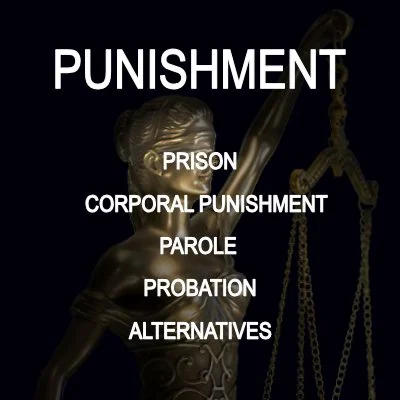By Human Impact Partners
This report — informed by public health research alongside interviews and survey responses from people currently and formerly incarcerated in women’s prisons — exposes the catastrophic health harms of incarceration in women’s prisons and provides evidence in support of investments in health-promoting social determinants of health instead of incarceration.
From Crisis to Care outlines how incarceration worsens health via multiple pathways:
Medical neglect — including failure to provide medical examinations, stopping needed prescriptions, and long delays in treatment — is common in prison.
Alongside the violence of the criminal legal system itself, people incarcerated in women’s prisons also experience and witness high rates of interpersonal physical, emotional, and sexual trauma and violence.
Environmental conditions in prisons seriously endanger the health of incarcerated people, by exposing them to infectious diseases, extreme heat and cold, inadequate food, foodborne illness, mold, toxic drinking water, and more.
The use of solitary confinement can lead to increased psychological distress, anxiety, depression, PTSD, paranoia, agitation, sleep deprivation, and prescription of sedative medications, alongside physical ailments.
Separating people from their families and communities has destructive and far-reaching consequences that harm health.
The state of California invests $405 million a year in its women’s prisons. Instead of perpetuating a system that overwhelmingly works against public health, the state has the opportunity to invest that money in health-promoting support systems that people can access in their communities. These public safety investments would not only support reentry after incarceration, but they would also help to prevent harm from occurring in the first place, creating the conditions that would make women’s prisons obsolete.
Oakland, CA: Human Impact Partners, 2023. 41p.





